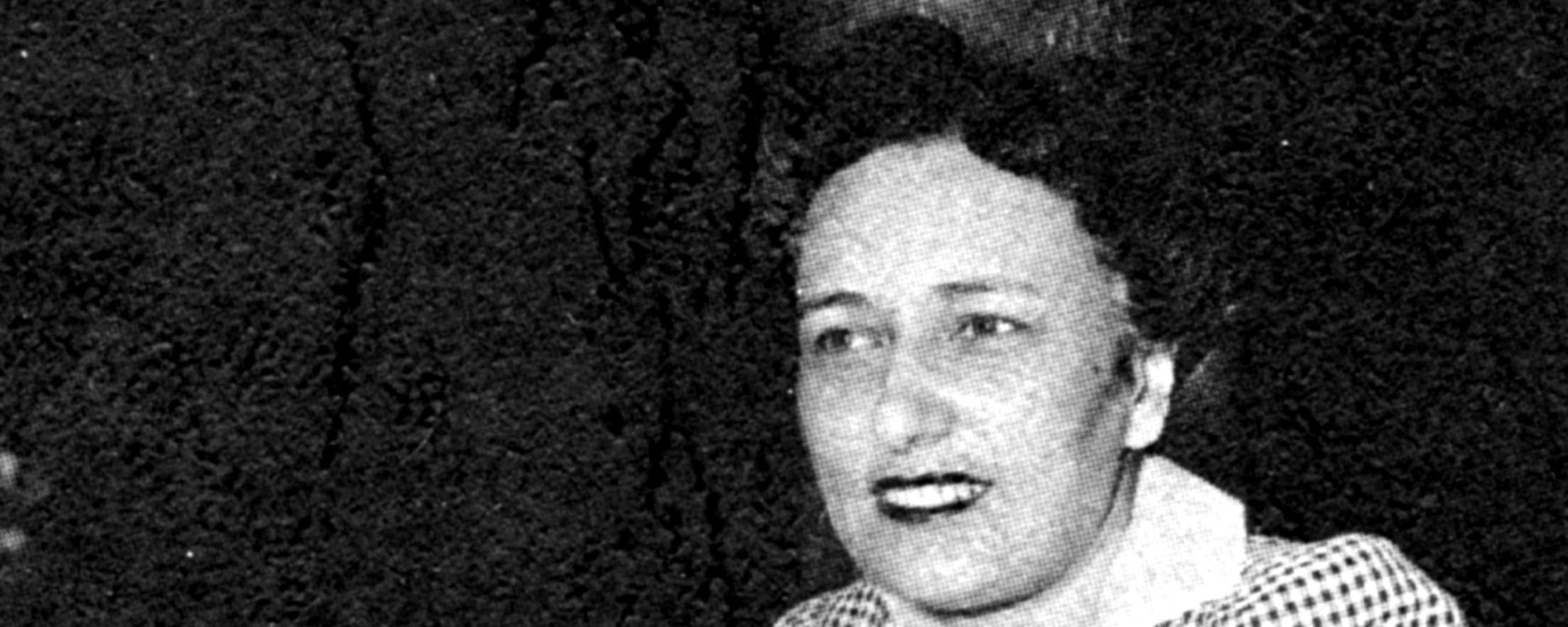



Manley was pioneer for women in baseball
By: Ariana Miguel
Born in 1897 in Philadelphia, Effa Manley was an American baseball executive who co-owned the Newark Eagles of the Negro National League alongside her husband, Abe Manley. In 2006, she became the first woman to be inducted into the Baseball Hall of Fame.
Often, we know the important facts about historical people, or at least the key to their prominence. But we don’t usually talk about who those historical figures were before they became well known.

Under Manley’s ownership, the Newark Eagles won the 1946 Negro World Series.
Because Manley was an activist, she used Eagles games to promote her other civic causes. For example, she put together a boycott when Harlem stores refused to hire Black people. After six weeks passed, store owners finally agreed to hire Blacks to work in their stores.
Not only was Effa Manley the treasurer for the Negro National Baseball League, but she was also the treasurer for the National Association for the Advancement of Colored People (NAACP). She and her team set an example for everyone that Black people deserve the same rights and opportunities as everyone else.
Everywhere she went, Manley always kept the best interests of Black people in mind. In fact, for many years people assumed she was Black because of how invested she was in the Black community. (As Shakeia Taylor explains in this piece for SB Nation, Manley’s mother, Bertha Ford Brooks, was white, and Manley was raised by Brooks and her Black husband. It turns out that man was not her biological father, yet Manley identified as Black for much of her life.)
Undeniably, Effa Manley helped change the face of baseball during the golden age of the Negro Leagues. As a result, Effa was the first – and thus far, only – woman inducted into the Baseball Hall of Fame.
Ariana Miguel is a Cubs RBI softball All-Star. Reviving Baseball in Inner Cities (RBI) has grown from a local program for boys in South Central Los Angeles to an international campaign encompassing more than 200 cities and as many as 150,000 male and female participants per year.





